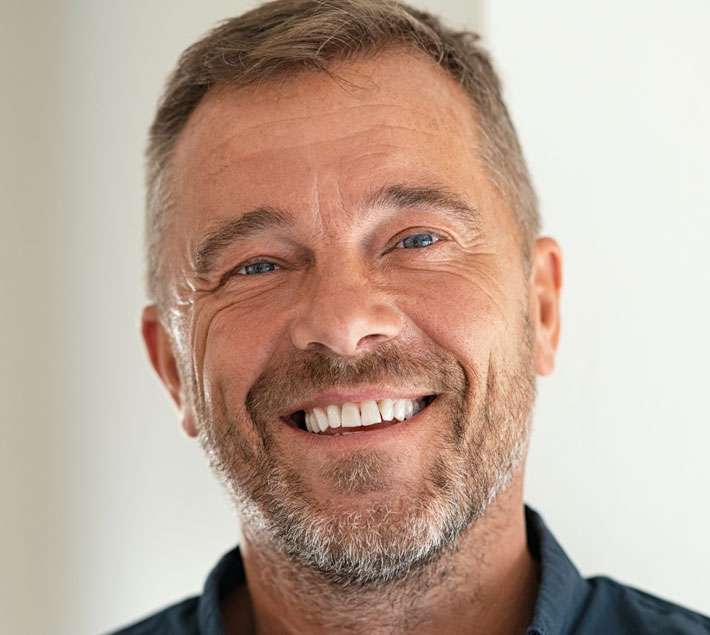‘All those solutions needed are not known to anyone and therefore we must unite behind the science and find them together along the way. But you do not listen to that. Because those answers are for solving a crisis that most of you don’t even fully understand. Or don’t want to understand’. (Greta Thunberg, 27 April 2019, Twitter)
The diminutive figure of Greta Thunberg has cut through the empty words that typically dominate climate crisis discourse and has fundamentally changed the sustainability conversation. From climate change to climate breakdown, this 16-year-old girl clearly reminds us that we not only need to have these conversations, but that we also need to have them well; we need to have them in a way that is collaborative, that navigates the paradox of complexity and urgency and that invites new possibilities to emerge.
At Impact we help leaders and teams to do this. Whether it’s through facilitating conversations or developing dialogue skills, we encourage people to engage in the pressing issues of their own organisations and to recognise themselves as stakeholders in the wider system. More often than not this involves a patient process of unlearning and relearning.
Unlearning shines a light on the conversational habits we can all fall into, you know the ones: pretending to listen or playing conversational ping pong (simply trading opinions and beliefs, often that we don’t even know the source of); seeking evidence to justify or build on what we already know; sitting rigidly within a fixed agenda, narrow focus and fragile ego; shouting simple answers to complex problems; shutting things down because we can’t bear to not have control; or finally, having conversations in which we never reveal how we actually feel.
Relearning is the practice of remembering what we already know about connecting with others. At Impact we help people to connect with their innate curiosity and innocence in order to ask powerful questions, to sit with those questions, and to experience what it is like, as the poet Mark Nepo says, ‘to lean in softly, with a willingness to be changed by what [they] hear’. Slowly, this process helps people to become more aware of how their biases filter and shape their view of the world and influence what they choose to embrace or dismiss. They notice how their position in life influences the ways in which they regard themselves and others and how they engage in conversations. They practise sitting with emotions and finding new ways of responding to them. They learn how silence contributes to dialogue. They experience, as advocated by dialogue expert Otto Scharmer, the transformational effect of an open mind, an open heart and an open will to foster inclusivity and creativity, liberate brilliance, create systemic shift and generate collective awareness and collaborative positive action.
Conversations can change us, and they can change organisations. Collaborative conversations have the power to change the process of climate breakdown and our planet’s demise.
Penelope Mavor is an Associate at Impact Italia.
